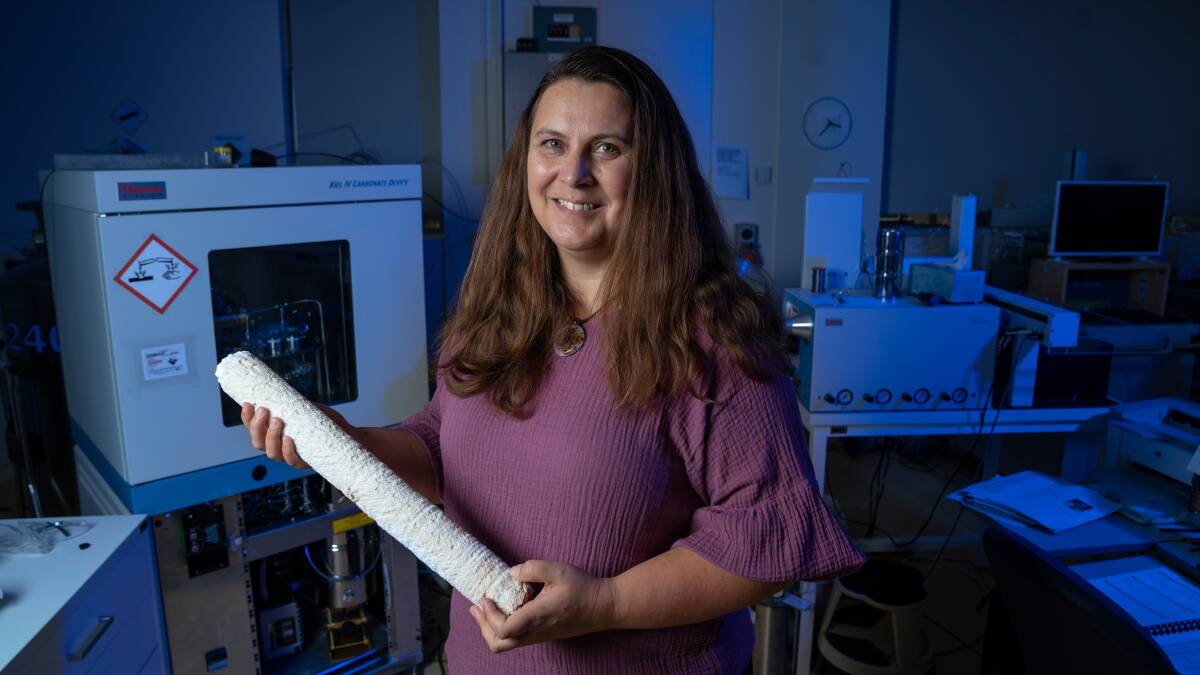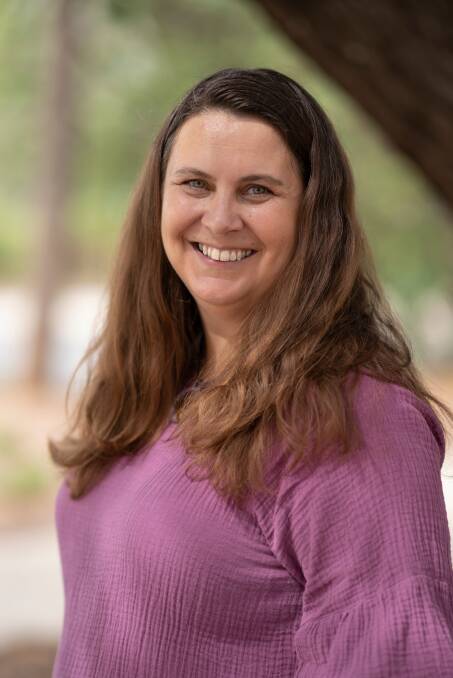
A leading Australian scientist has been appointed to a new international climate change advisory body - the only Australian on the panel.
Subscribe now for unlimited access.
$0/
(min cost $0)
or signup to continue reading
Australian National University climate scientist Professor Nerilie Abram is one of 14 people from around the world that will form the international Climate Change Advisory Group, which will aim to provide expert advice to global leaders and policymakers.
The group has been set up by former UK chief scientific advisor Sir David King and has been inspired by a similar group established in Britain to provide independent advice surrounding the health response to Covid.
Professor Abram said it was hoped the model could be used on a global scale to help confront the challenge of climate change.
"I think the thing that drew me to this was that we have a chance to make a difference in changing the conversation about climate change and pushing for more urgency," she said.
IN OTHER NEWS:
"We need to emphasise that we're not looking to get away from lowering emissions.
"We need to do it faster than current pledges, but we also need to look at what technology can help to accelerate the way we pull carbon dioxide out of the atmosphere."
The advisory group's first meeting was held on Thursday night, Australian time, with meetings of members to be held each month. The group of 14 experts comprise of representatives from 10 countries around the world.

Other members of the group include International Energy Association chief executive Faith Birol and the director of the US Global Environment Technology Foundation Robert Corell.
Professor Abram said she was hoping to bring her experience as a paleoclimate scientist to the advisory group.
"The expertise has been in looking at what we know about the changes in the ocean and Antarctica and climate extremes over Australia and other parts of the world, as well as the changes we are now seeing because of human-caused warming," she said.
The group's chair, Sir David King, said in a statement that greater action was needed on the issue of climate change, with governments stalling on helping to limit the rise in global temperatures.
"We began talking seriously about climate change in 1992, yet we are now in a worse position with growing emissions and rising risks, watching greenhouse gases increase year after year," he said.
"Each member [of the advisory group] is a world-leading expert, with the knowledge and capabilities to address politicians, financial institutions and members of the public to take real, tangible actions towards global climate change mitigation and repair for our future generations."
The advisory group has already outlined a list of key areas for policymakers to deal with the threat of climate change, including having countries triple their emission reduction targets, develop technologies to repair damaged parts of the climate and invest in techniques to remove greenhouse gases from the atmosphere.
Professor Abram said Australia was lagging behind on climate issues, with the government yet to commit to a target of net-zero emissions by 2050.
However, the climate scientist said more needed to be done even sooner than that target. "If we want to be doing our fair share to limit warming to 1.5 degrees, we need to be talking of net-zero by 2035 and not 2050," she said. "Australia should be acting faster and we hear the political spin about doing our fair share but it does not add up."


